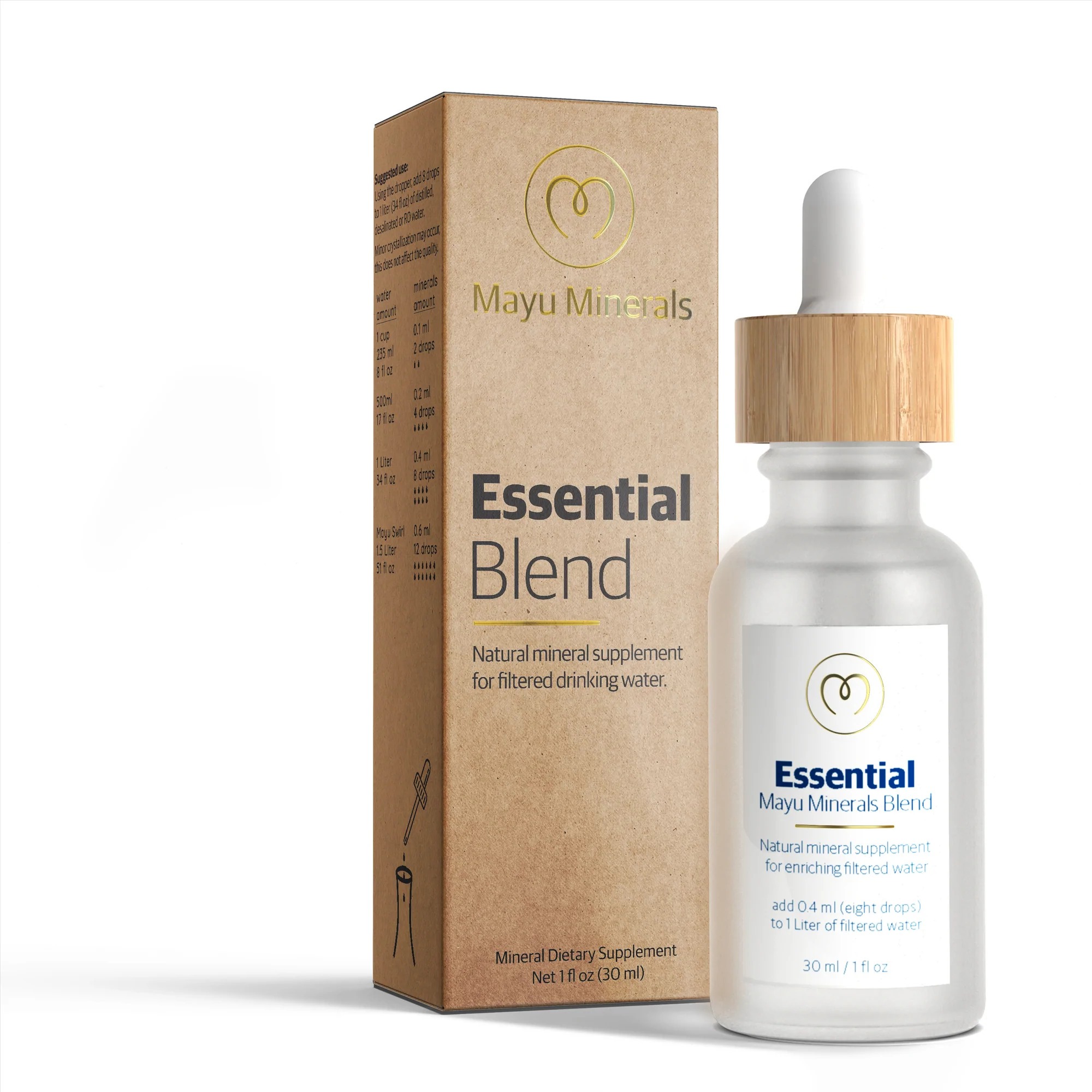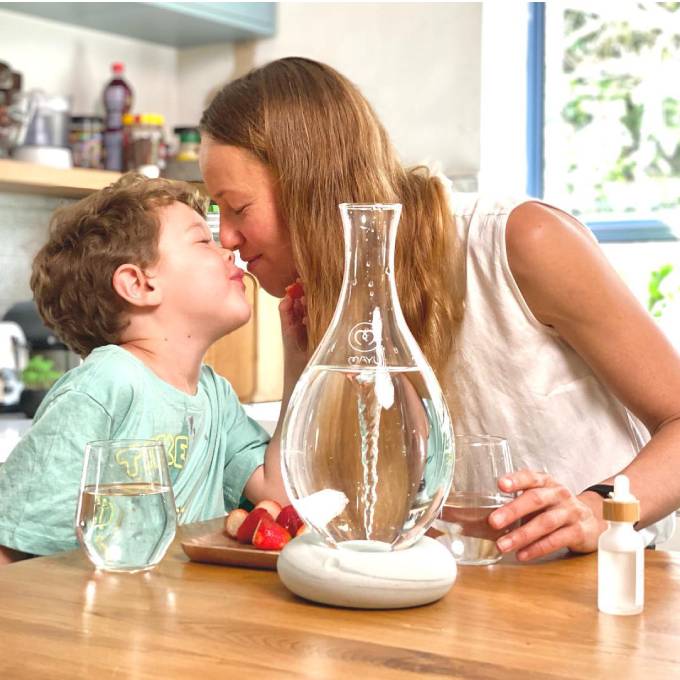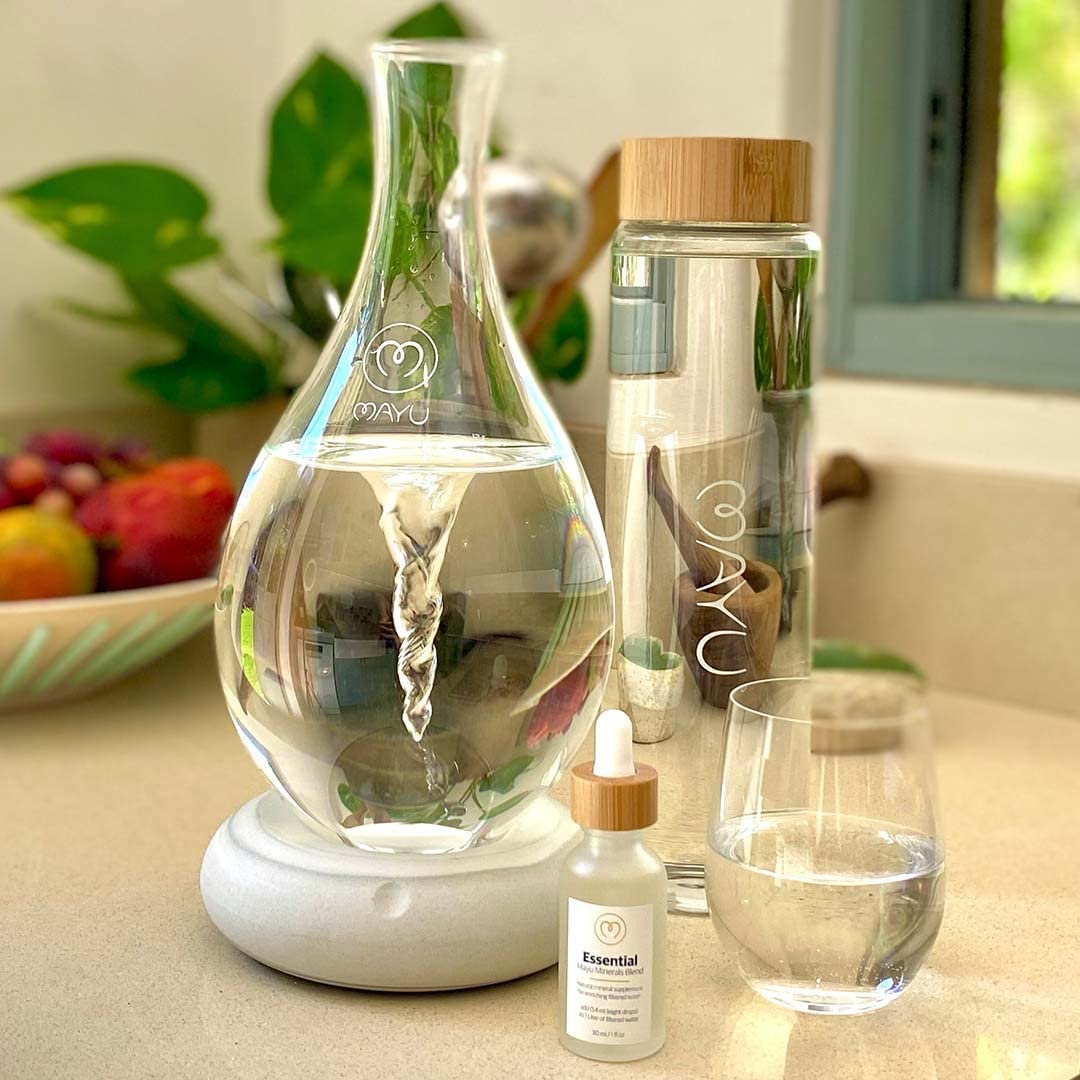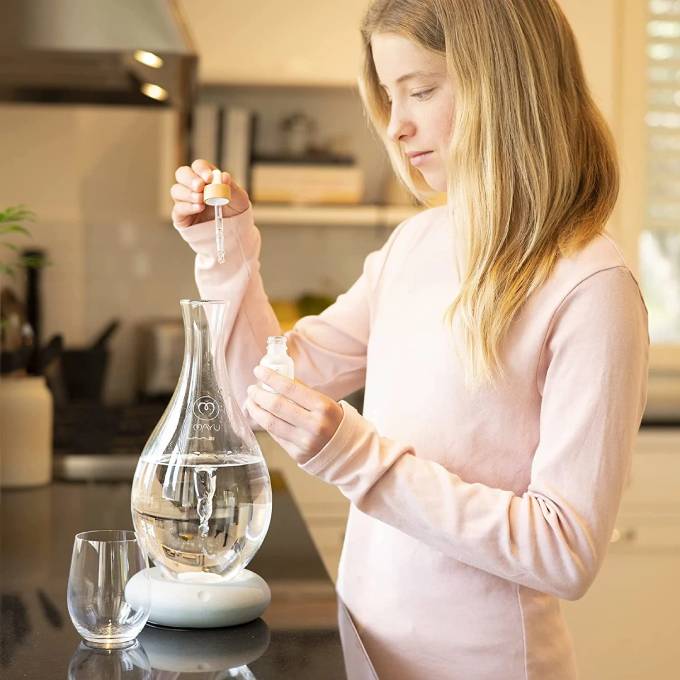Best Time to Consume Electrolytes: Based on Your Lifestyle 2026
Are your energy levels dipping? Feeling tired even though you’re drinking water? Your electrolyte timing might be off. Here’s how to fix it based on your lifestyle.
Updated June 9, 2025

Electrolytes aren't complicated—they're just minerals like sodium, potassium, magnesium, and calcium. Your body needs them to keep muscles moving, nerves firing, and hydration balanced.
But when should you drink electrolytes? Timing matters. This guide breaks down the best time to drink them based on your lifestyle, so you can stay energized, focused, and well-hydrated.
» Ensure you remain hydrated with mineral drops
For Athletes and Fitness Enthusiasts
Timing is everything in sports. If you’re wondering when the best time to drink electrolytes is, it’s before, during, and after intense activity. Start workouts already hydrated—drink electrolytes about 30 minutes before exercise to prepare your muscles [1].
During activities lasting over an hour, sip electrolyte-rich fluids every 15–20 minutes. Afterward, rehydrate within 30 minutes to replace lost minerals, speed recovery, and avoid muscle cramps.
Quick Tip: Still unsure if you need electrolytes before or after workout? The answer is both—before for performance, and after to help recovery. A sugar-free electrolyte drops can help you stay balanced without energy spikes.
» Explore the best electrolyte supplements for athletes
For Office Workers
Even desk jobs can leave you wondering when you should take electrolytes. Dehydration creeps in due to dry air, long hours, and mental strain.
The best time of day to drink electrolytes at the office is mid-morning and mid-afternoon—right when focus starts to fade. Low-sugar electrolyte solutions help combat fatigue without extra calories or caffeine [2].
Quick Tip: Try MAYU Water Essential Minerals, adding just a few drops into your daily water bottle to maintain steady hydration.
For Travelers
Travel can leave you depleted quickly. When should you drink electrolytes on travel days? Start 2–3 hours before flying, sip again before boarding, and don’t skip a dose mid-flight on longer journeys [3].
Post-flight, another serving helps you reset, combating jet lag and dehydration headaches.
Quick Tip: A compact electrolyte drops are easy to carry and help ease travel hydration.
» Check out surprising ways dehydration affects your brain
For Those in Hot, Humid Climates or Outdoor Jobs
In hot, humid conditions or outdoor jobs, the best time for electrolytes is early and often—before symptoms like dizziness or cramps set in [4].
Quick Tip: Keep electrolyte-infused beverages or lightly salted snacks handy to maintain hydration levels.
» Learn how to stay hydrated in hot weather
For Low-Carb, Keto, or Intermittent Fasting Dieters
If you're following keto or intermittent fasting, you may ask: when to take electrolytes? The answer is throughout the day, especially during your fasting window or after physical activity [5].
Boost your salt intake around meals, and add magnesium-rich electrolytes in the evening to aid sleep and recovery.
Quick Tip: Choose a carb-free electrolyte solution like electrolyte drops or mineral-rich foods like avocado and spinach to support your dietary goals.
» Find out how to get electrolytes while fasting
For Those Recovering from Illness or Gastrointestinal Issues
Illness can severely deplete electrolytes. Drink electrolyte fluids regularly throughout recovery to replace lost minerals from vomiting or diarrhea [6]. If symptoms are chronic, space intake evenly throughout your day to maintain balance and comfort [7].
Quick Tip: Opt for gentle solutions like Mayu Water Electrolyte Drops to ease recovery without stomach upset.
» Check out the best drinks to have when you're recovering from the flu
For Stressful Days or Poor Sleep Nights
Not sleeping well? Feeling burned out? You might be surprised to learn that the best time to drink electrolytes isn't just during workouts—stress and poor rest increase your need, too.
Stress and poor sleep disrupt electrolyte balance. Kickstart your morning with electrolyte water [8]. Keep sipping during stressful periods or when feeling tired. Magnesium-rich electrolyte intake in the evening can also improve sleep quality.
Quick Tip: Keep convenient electrolyte-enhanced drinks or magnesium-rich snacks (like almonds or pumpkin seeds) available on unpredictable days.
» Find out if you're deficient in minerals
Take Control of Your Hydration
Understanding when you should drink electrolytes—whether it’s for energy, focus, or recovery—empowers you to feel your best every day.
Whether you’re training for a marathon, navigating a busy office schedule, traveling, or managing dietary needs, strategic electrolyte intake ensures you maintain balance, clarity, and vitality.
Incorporate electrolyte supplements thoughtfully into your routine to feel the difference proper hydration makes.
Electrolyte drops simplify hydration without sugar or additives. They’re easy, portable, and integrate seamlessly into your daily routine. Just a few drops ensure consistent mineral balance, keeping hydration simple and effective.
References:
- S. Orrù et al., “Role of functional beverages on sport performance and recovery,” Nutrients, vol. 10, no. 10, p. 1470, Oct. 2018, doi: 10.3390/nu10101470. Available: https://pmc.ncbi.nlm.nih.gov/articles/PMC6213308/#:~:text=exercise,27
- S. K. Riebl and B. M. Davy, “The hydration equation,” ACSMʼs Health & Fitness Journal, vol. 17, no. 6, pp. 21–28, Nov. 2013, doi: 10.1249/fit.0b013e3182a9570f. Available: https://journals.lww.com/acsm-healthfitness/fulltext/2013/11000/the_hydration_equation__update_on_water_balance.6.aspx
- D. Zubac, A. B. Stella, and S. A. Morrison, “Up in the Air: Evidence of Dehydration Risk and Long-Haul Flight on Athletic Performance,” Nutrients, vol. 12, no. 9, p. 2574, Aug. 2020, doi: 10.3390/nu12092574. Available: https://www.mdpi.com/2072-6643/12/9/2574
- V. A. Convertino et al., “Exercise and fluid replacement,” Medicine & Science in Sports & Exercise, vol. 39, no. 2, pp. 377–390, Feb. 2007, doi: 10.1249/mss.0b013e31802ca597. Available: https://journals.lww.com/acsm-msse/fulltext/2007/02000/exercise_and_fluid_replacement.22.aspx
- M. H. Sigler, “The mechanism of the natriuresis of fasting.,” Journal of Clinical Investigation, vol. 55, no. 2, pp. 377–387, Feb. 1975, doi: 10.1172/jci107941. Available: https://www.jci.org/articles/view/107941
- M. Chiarelli, M. De Simone, G. Cioffi, and U. Cioffi, “New paradigm of oral rehydration in patients affected by irritable bowel syndrome with chronic diarrhea,” World Journal of Gastrointestinal Pharmacology and Therapeutics, vol. 15, no. 1, Mar. 2024, doi: 10.4292/wjgpt.v15.i1.90933. Available: https://pmc.ncbi.nlm.nih.gov/articles/PMC10999031
- S. Vernino et al., “Postural orthostatic tachycardia syndrome (POTS): State of the science and clinical care from a 2019 National Institutes of Health Expert Consensus Meeting - Part 1,” Autonomic Neuroscience, vol. 235, p. 102828, Jun. 2021, doi: 10.1016/j.autneu.2021.102828. Available: https://pubmed.ncbi.nlm.nih.gov/34144933/
- A. Y. Rosinger, A.-M. Chang, O. M. Buxton, J. Li, S. Wu, and X. Gao, “Short sleep duration is associated with inadequate hydration: cross-cultural evidence from US and Chinese adults,” SLEEP, vol. 42, no. 2, Nov. 2018, doi: 10.1093/sleep/zsy210. Available: https://doi.org/10.1093/sleep/zsy210
Disclaimer: The information published by MAYU Water is not a substitute for the expert knowledge, advice, and recommendations of trained professionals. We strongly recommend consulting with industry experts and primary or scientific sources before making any health, research-related, or other important decisions.

















































